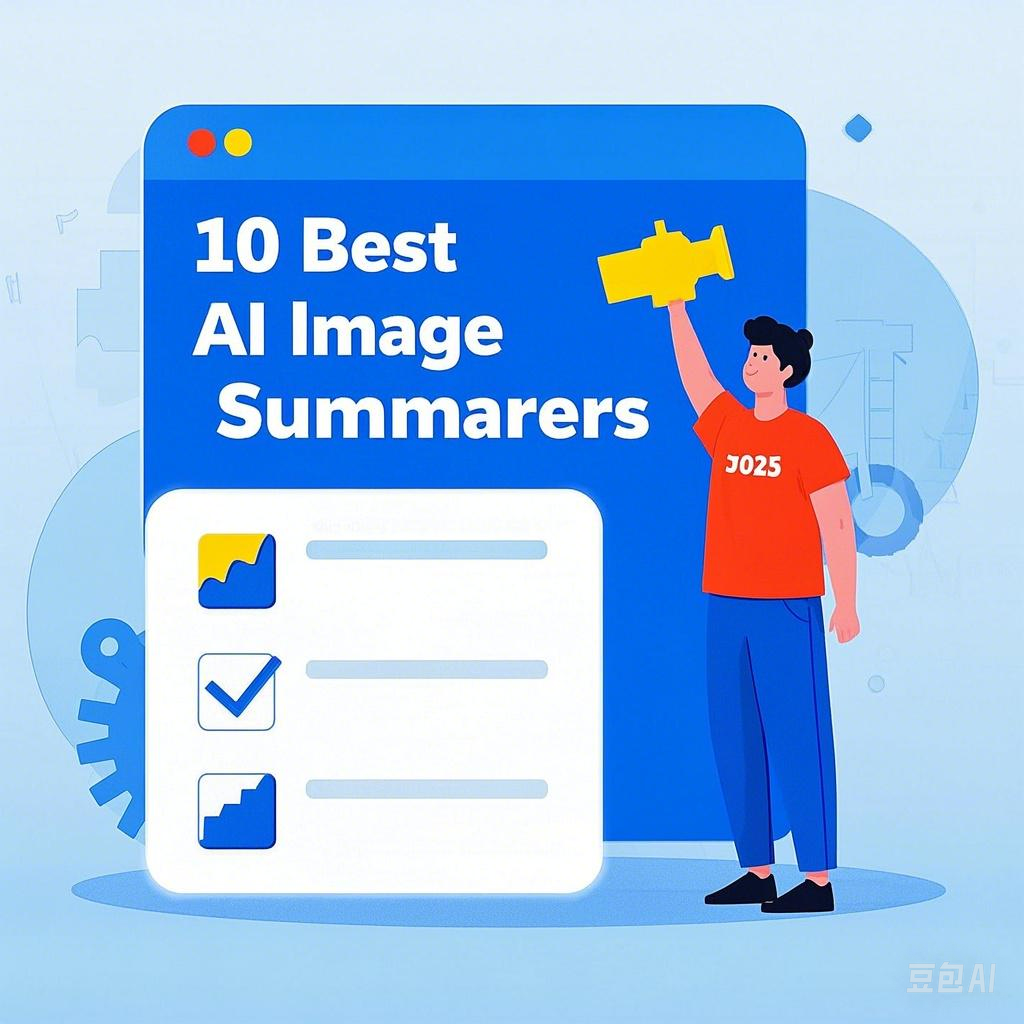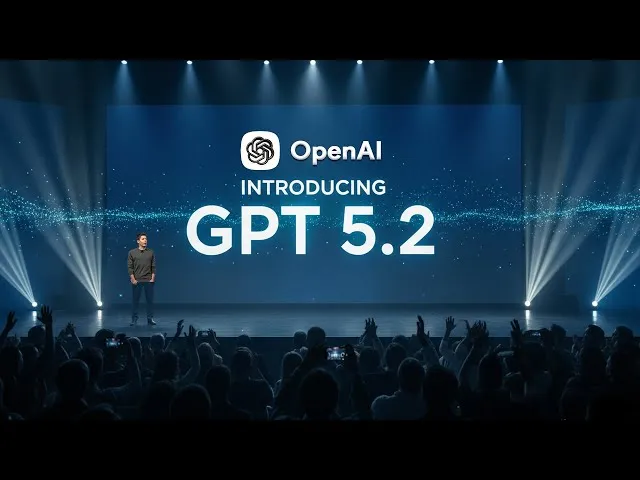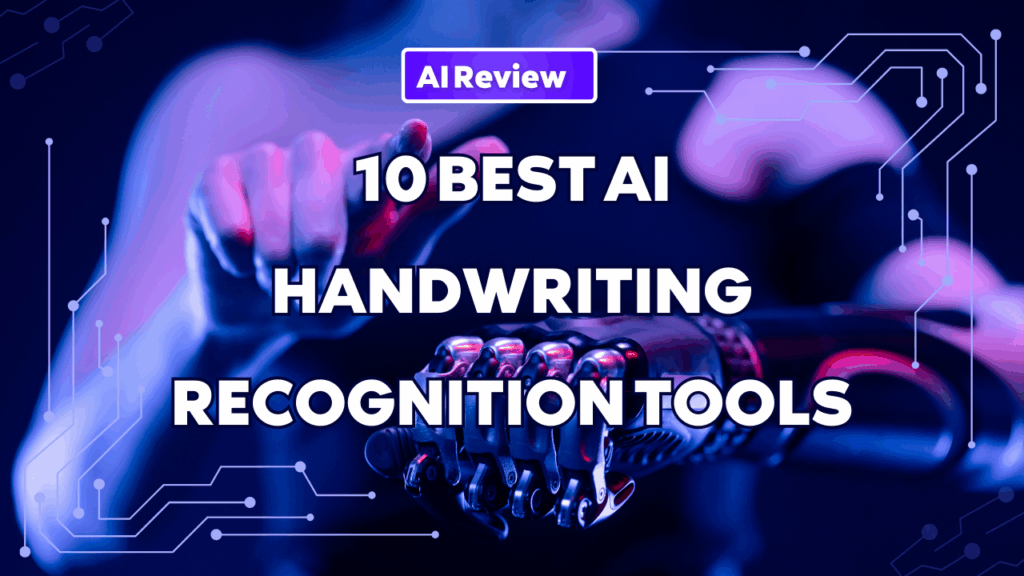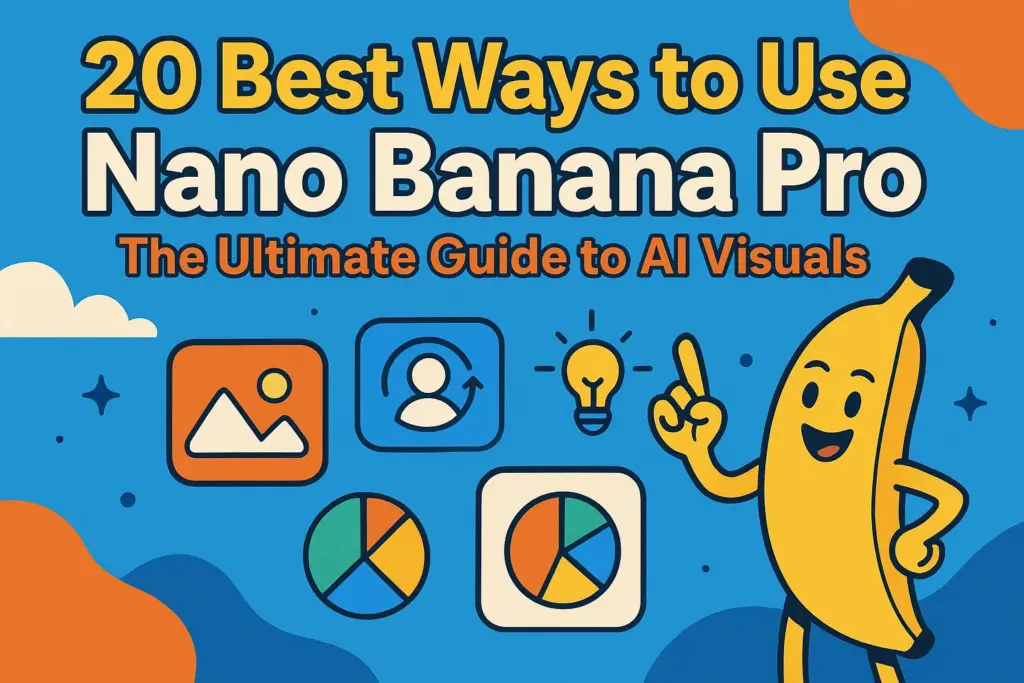In 2025, AI-powered image summarizers have become increasingly popular as they help users quickly extract key information from images. These tools are capable of analyzing visual content and providing concise, meaningful summaries, making them valuable for a variety of purposes, from social media management to research and design. Here’s a guide to the best AI image summarizers you can use in 2025.
1. Google Vision AI: Best Overall Image Summarizer
Google Vision AI leads the pack in image summarization, offering advanced machine learning algorithms that recognize objects, faces, text, and scenes within images. It provides comprehensive insights by generating automatic captions and labels for any image.
- Detects a wide range of features: objects, landmarks, and logos
- Provides automatic image captions
- Can integrate with other Google Cloud services
- Ideal for businesses and researchers working with large datasets of images
Pricing: Pay-as-you-go pricing based on the number of requests.
2. Clarifai: Best for Custom Image Summaries
Clarifai excels in allowing users to create customized models for specific image summarization tasks. Its user-friendly platform enables businesses to create tailored solutions for recognizing and summarizing content within their unique datasets.
- Customizable AI models for specific image categories
- Supports a wide range of industries, including healthcare, automotive, and retail
- Provides detailed metadata and analysis of visual data
Pricing: Free plan available; enterprise plans start at $49 per month.
3. IBM Watson Visual Recognition: Best for Multi-Purpose Image Analysis
IBM Watson offers a versatile image summarizer that identifies and classifies images into various categories. Its strong integration with other IBM Watson tools allows it to process images for a variety of business needs, such as sentiment analysis or brand recognition.
- Classifies images into predefined categories
- Provides object detection and facial analysis
- Can analyze video content for visual insights
Pricing: Free tier available; paid plans begin at $0.0035 per image.
4. DeepAI Image Recognition API: Best for Real-Time Summarization
DeepAI’s Image Recognition API is an excellent choice for real-time image summarization. With its fast processing times, it can be used to analyze images and generate summaries on the fly, ideal for applications requiring immediate insights.
- Real-time image analysis
- Generates concise textual descriptions for images
- Can be used for web apps and mobile applications
Pricing: Free with limited usage; pay-as-you-go pricing for higher volumes.
5. Microsoft Azure Computer Vision: Best for Advanced AI Capabilities
Microsoft’s Azure Computer Vision offers an AI-powered tool that can process and summarize images. It identifies objects, scenes, and text in images and can even extract handwriting from photos. Its integration with Microsoft’s other cloud services enhances its capabilities for more advanced needs.
- Detects objects, text, and faces in images
- Optical Character Recognition (OCR) for extracting text
- Can analyze both still images and videos
Pricing: Pay-as-you-go with the option of a free tier.
6. Rekognition by Amazon Web Services (AWS): Best for Scalability
Amazon Rekognition offers a robust and scalable image summarization service that’s widely used by businesses for security and content management. It can automatically detect objects, scenes, activities, and even emotions in images.
- Highly scalable and fast
- Advanced facial recognition features
- Detects inappropriate content in images for moderation
Pricing: Free for up to 1,000 images per month; paid plans based on usage.
7. Picpurify: Best for Real-Time Image Moderation and Summarization
Picpurify specializes in real-time image moderation and summarization. It offers both content moderation features and the ability to generate text-based summaries of visual content. This makes it ideal for social media platforms and apps needing to filter and summarize user-uploaded content.
- Real-time moderation and image analysis
- Detects inappropriate or harmful content
- Supports multiple languages and image formats
Pricing: Free plan with limitations; premium plans start at $49 per month.
8. Fritz AI: Best for Mobile Image Summarization
Fritz AI is a leading platform for creating custom AI models specifically for mobile apps. It’s an excellent choice for developers looking to integrate image summarization capabilities directly into their mobile applications.
- Easy-to-use interface for mobile app developers
- Custom models can summarize images based on app-specific needs
- Works efficiently on mobile devices
Pricing: Free plan with limited features; paid plans start at $29 per month.
9. Runway ML: Best for Creative Image Summarization
Runway ML caters to creatives who need AI-generated summaries of visual content. It’s perfect for designers, artists, and content creators who want to explore the relationship between visuals and their context. Runway allows users to generate summaries that offer creative insights, perfect for creative projects.
- Generates creative, abstract summaries for visual content
- Can be used for video and animation as well
- Integrates with creative software like Adobe Photoshop
Pricing: Free with basic features; pro plans begin at $12 per month.
10. Deep Vision: Best for Analyzing Large-Scale Datasets
Deep Vision specializes in handling large volumes of images and provides automated summarization at scale. This tool is ideal for researchers and analysts working with massive image datasets, such as those used in scientific research or marketing analysis.
- Efficiently processes large datasets
- Generates detailed summaries with in-depth visual analytics
- Ideal for researchers and enterprises with large-scale needs
Pricing: Free trial available; pricing based on dataset size and usage.
In conclusion, AI image summarizers have evolved significantly in 2025, offering a variety of specialized features that cater to different industries and use cases. Whether you need real-time summaries for mobile applications or advanced analysis for large-scale datasets, these tools are essential for enhancing productivity and gaining insights from visual content.




